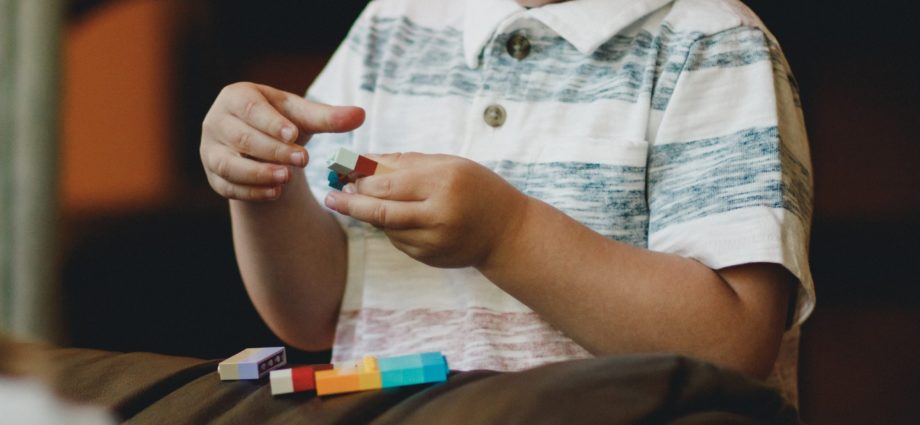
Downing Street has responded to the death of little Arthur Labinjo-Hughes with the usual, “we will do all it takes to find out what happened and make changes to the system”.
Yet more blah blah. This is fast becoming the response to most of what the government says about anything that affects the lives of people who are vulnerable or indeed anyone who does not have the vast wealth they seek to preserve.
Working in Haringey
I started work in Haringey two years after the sentencing of Victoria Climbié’s killers and was there at the time Peter Connelly was killed. I worked in a school and as the person in charge of child protection I know that things in social care were very difficult. Taking up a post as a social worker in the borough did not seem like an attractive prospect so there was a large turnover of staff and each core group meeting could feel like starting again because a different social worker had taken over the case. We have all had that feeling when faced with a different GP. There is a significant lack of continuity that impedes progress.
Chronic underfunding for social care
Like the NHS, Social Care has been underfunded for a significant amount of time. Johnson promised a huge overhaul but nothing has emerged despite the pandemic throwing a massive spotlight on adult social care. Unfortunately during this time children have also been suffering as domestic violence has increased but been more easily hidden from sight.
Poverty also leads to an increase in violence against children.
This is not to excuse the systematic torture of a small child but the state has to take responsibility for their protection and at the moment they are the sacrifices we pay to the gods of greed because there is no proper funding of social care which could be achieved through taxation and redistribution of wealth.
Reporting these cases
Some sections of the media seek to vilify, usually the perpetrators but if they cannot get hold of their names, as was the case with baby P for a while, then the social workers involved. People are rightly appalled by these hideous crimes and a campaign for longer sentencing is underway at the moment. We seek to blame; but this is not the whole story.
When the government says that lessons must be learnt then they should be acted upon and funded to do so. It would be helpful if this same press that publishes the evil eyes of the killers could also follow up with where the system fell down and what needs to happen next. Just maybe then people would have a better understanding of what a comprehensive social care system looks like.
Previous Learning
The greatest learning that comes from most of these special case reviews is around communication and training as well as adequate resourcing. Given that we are going through a pandemic and that more children are spending more time at home there have been no announcements about recruiting more social workers, putting extra resources into schools and the NHS to make sure that children who are being tortured are picked up by currently underfunded areas of the system. There has been no pre-emptive action taken. None of this needs a crystal ball.
The other huge issue is where do children go if they are taken into care.
“England faces a 25,000 shortfall in foster families over the next five years, amid complaints of a lack of support for existing carers and a broken system that pits councils against private agencies for potential candidates.” Michael Savage from a Guardian article at the end of August.
Children going into unsuitable placements can be almost as damaging in some cases as leaving them with their parents. This causes big issues for social workers. There is no excuse for missing the signs of torture but there has to be a recognition of the size and complexity that many local authorities face with very stretched funding.
I make no apologies for banging the drum for young people. They were my career.
So whether it is how we treat child refugees, children with learning needs, children in poverty and children at risk of harm we need to do so much better. This is not down to individuals or charities but the state. If we make things better for children we make things better for society as a whole.
Please follow us on social media, subscribe to our newsletter, and/or support us with a regular donation


